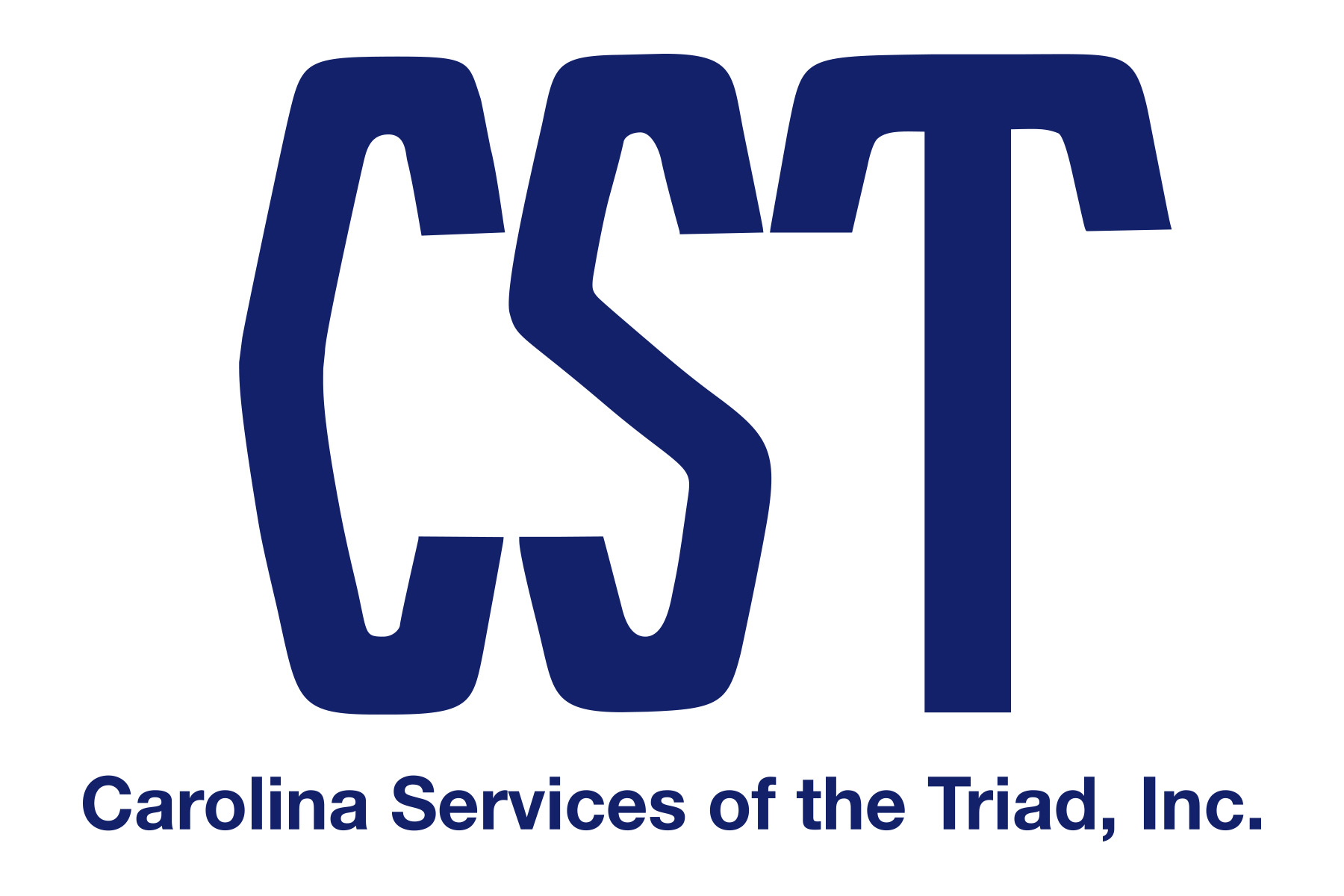Why cleaning crews need to understand more than just what to clean — they need to know when and how to clean safely.
In industrial facilities, Lockout/Tagout (LOTO) procedures are vital for keeping workers safe during maintenance or repair of machinery. But one group is often overlooked in the LOTO conversation: the cleaning crew.
Whether it’s scrubbing around conveyor belts, pressure-washing a loading dock, or mopping under machinery, cleaning teams are often in close contact with the same equipment that poses serious hazards to maintenance staff. The difference? They’re not always told when that equipment is energized or undergoing service — and that can lead to devastating consequences.
What is Lockout/Tagout, and Why Does it Matter for Cleaning?
LOTO is a safety protocol that ensures machinery is completely shut off and cannot be accidentally restarted while work is being done. This involves physically locking switches or valves and placing visible tags to warn others not to re-energize the system.
While most LOTO training is directed at electricians or maintenance techs, cleaning personnel often work near the same machines during or after these procedures. If they don’t know which equipment is locked out — or worse, if they try to clean it while it’s still operational — the results can be catastrophic.
Where Cleaning Meets Risk: Common Scenarios to Watch
- Floor Scrubbing During Downtime: A crew begins auto-scrubbing around a machine that has been “shut off” for cleaning, but no lockout procedure was followed. A technician starts the machine remotely — not realizing someone is working nearby.
- Sanitizing Equipment in Food Processing Facilities: Cleaners are tasked with washing down slicers, fillers, or mixers. If the LOTO process isn’t followed precisely, moving parts could start without warning.
- Pressure Washing Loading Docks Near Electrical Panels: Water and electricity are a deadly combination. Cleaning crews who don’t know what’s live — or who get too close to unlocked panels — put themselves at serious risk.
- Dust Removal Around HVAC Systems or Fans: A technician may be servicing a rooftop unit while a janitorial team vacuums around ventilation fans. Without proper communication, a sudden system start-up can turn a fan blade into a dangerous projectile.
How CST Prioritizes Safety in LOTO Environments
At Carolina Services of the Triad (CST), safety isn’t just a bullet point — it’s baked into how we operate, especially in complex industrial settings like those managed by FedEx and other logistics clients.
Here’s how we approach cleaning near energized equipment:
- Pre-Shift Coordination: We work with your facility team to understand what equipment is undergoing maintenance and where LOTO procedures are in effect.
- Specialized Training: Our staff are trained to recognize lockout tags, understand risk zones, and follow site-specific protocols. We don’t just train for cleaning — we train for industrial awareness.
- Clear Communication: Our team leaders ensure real-time communication with supervisors, maintenance crews, and safety officers to avoid any overlap or missteps.
- Safer Scheduling: When possible, we schedule cleaning around LOTO work or request written confirmation that systems are locked out before entering high-risk zones.
Choosing a cleaning partner who understands the hidden dangers — and how to avoid them — could mean the difference between a spotless shift and a serious injury.
CST has over 30 years of experience navigating complex environments with safety and professionalism. Let us help you build a cleaning plan that keeps your facility running smoothly — and safely.

